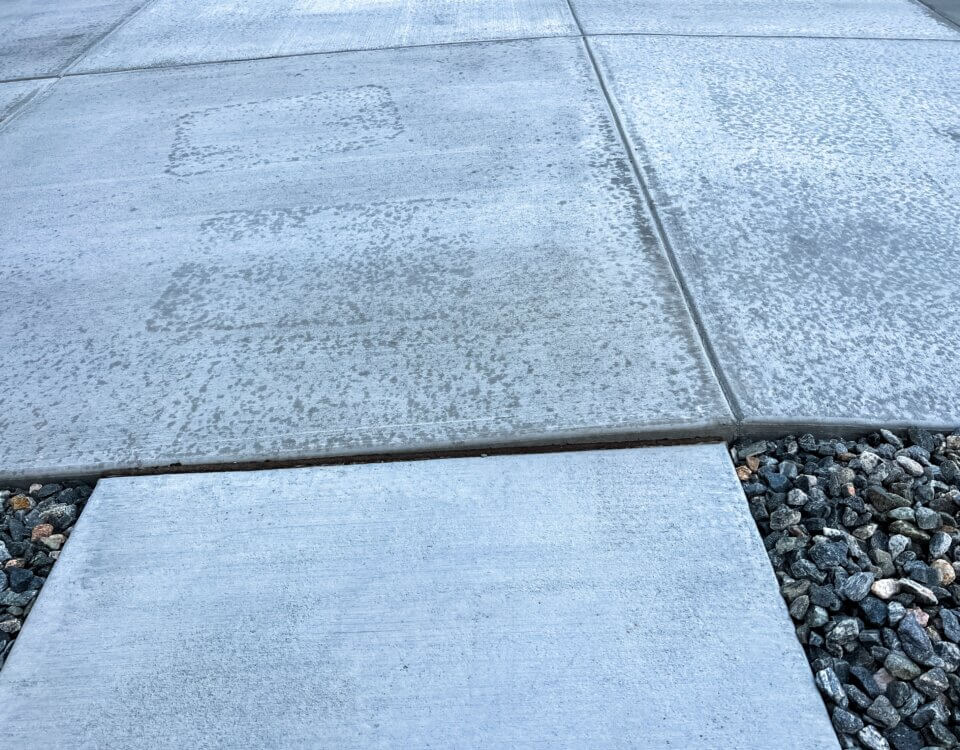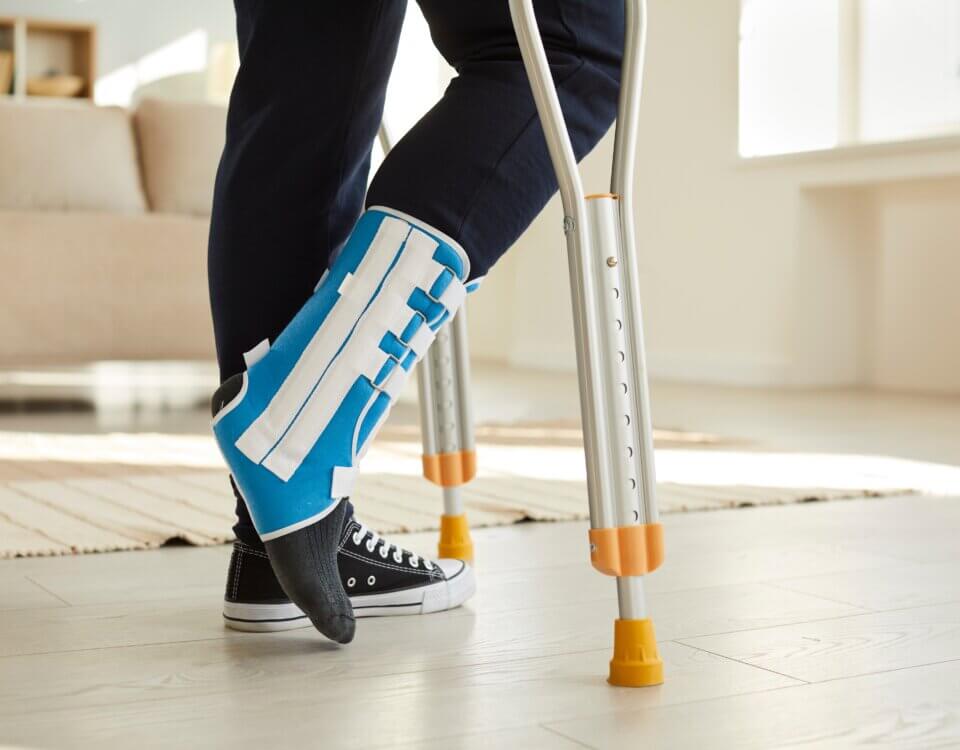People who enter another person’s property without permission are generally called trespassers. Under California law property owners have much less duty of care toward trespassers than toward invited guests or customers. However there are limited situations when a trespasser can file a legal claim if injured.
Basic Rule on Trespassers
Normally property owners do not owe a duty to make the premises safe for trespassers. They are not generally required to inspect for or fix hazards just for someone breaking in without consent.
Owners must not intentionally or recklessly harm trespassers, but they are not obligated to protect them as fully as they would protect lawful visitors.
Exceptions and Situations Where Liability May Arise
A trespasser may have legal recourse in certain special cases:
- Willful or Intentional Harm
If a property owner intentionally creates danger, sets traps, or acts in a way to harm trespassers, then liability may follow. - Attractive Nuisance Doctrine
When the property contains something that may attract children such as swimming pools, machinery, or abandoned buildings, and a child trespasses and gets hurt, owners may be required to take precautionary steps like fencing or warnings to prevent injuries. - Known Trespassers and Known Hazards
If the owner knows or should reasonably know that people often trespass on the property, and there is a dangerous or hidden condition that could cause serious injury, the owner might have a duty to warn or mitigate the hazard.
Legal Background
Landmark cases in California have changed how courts think about trespassers, invitees, and licensees. The old categories are no longer strictly used to determine duty. What matters more is whether the owner had reason to know of the danger, whether the harm was foreseeable, and whether they took reasonable action.
What You Need to Prove a Claim
For a trespasser to succeed in a lawsuit, they generally need to show:
- There was a dangerous condition on the property.
- The property owner knew or should have known about the danger.
- The danger was not obvious, or if obvious, the injury resulted in a way that reasonable steps could have prevented.
- The owner failed to warn or fix the condition.
- The condition caused the injury.
Limitations and Defenses
- If the danger was open and obvious, the owner may be relieved of liability.
- Trespassers often have limited rights and courts are less likely to impose broad obligations on property owners in these cases.
- Defendants may argue that the trespasser’s own negligence contributed or that they assumed the risk.
How Hillstone Law Can Help
If you or someone you know was injured while trespassing, Hillstone Law can assist by reviewing the details of how and where the injury happened, investigating whether the owner could have foreseen trespassers and whether the hazardous condition was known, gathering evidence like photos, witness statements, and inspection records, advising on whether your case fits an exception that would allow recovery, and helping you pursue fair compensation if eligible.
Note: These blog posts are created solely for the use of Hillstone Law. The information is gathered from internet research, publicly available sources, and artificial intelligence (AI) tools such as ChatGPT. While we aim to share helpful and educational content, Hillstone Law does not independently verify every detail. Some information may be incomplete, outdated, or subject to change without notice. If you believe any part of a post is inaccurate, misleading, or infringes upon copyright, please contact Hillstone Law immediately so we can review it and take appropriate action, including correction or removal.
Disclaimer: The material provided in these blogs is for general informational purposes only and should not be considered legal advice. Reading these posts does not create, and is not intended to create, an attorney-client relationship with Hillstone Law. Our intent is to share knowledge, raise awareness, and provide helpful resources to the public; however, Hillstone Law makes no warranties or guarantees about the accuracy, completeness, or reliability of the information provided, and expressly disclaims liability for any actions taken in reliance on it. The photos used in these posts are for illustrative purposes only and do not depict actual clients, individuals, or incidents unless expressly stated. If you or a loved one has been injured in an accident, please contact Hillstone Law at (855) 691-1691. Our attorneys are available to answer your legal questions and help you understand your rights.







